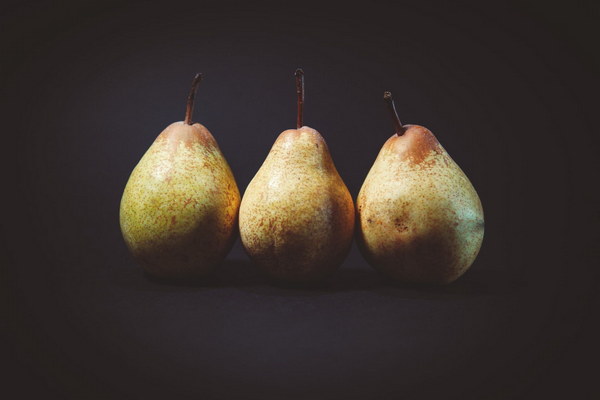Nourishing Your Menstrual Cycle A Guide to Menstrual Food Supplements
Introduction:
Menstruation is a natural process that affects every woman at some point in their lives. While it is often viewed as a monthly inconvenience, it is important to understand that the menstrual cycle is a crucial part of reproductive health. To support your body during this time, it is essential to focus on a balanced diet that includes specific nutrients to alleviate symptoms and promote overall well-being. This article will provide a comprehensive guide to menstrual food supplements that can help you nourish your body during your cycle.
1. Understanding the Menstrual Cycle:

Before delving into the food supplements, it's important to have a basic understanding of the menstrual cycle. The menstrual cycle is divided into four phases: the menstrual phase, the follicular phase, the ovulatory phase, and the luteal phase. Each phase requires different nutrients to support the body's hormonal fluctuations and maintain optimal health.
1.1 Menstrual Phase (Day 1-5):
During the menstrual phase, the uterus sheds its lining, resulting in the discharge of blood and tissue. This phase is often accompanied by cramps, bloating, and mood swings. To support the body during this time, focus on the following food supplements:
- Vitamin C: A powerful antioxidant that helps reduce inflammation and alleviate cramps. Incorporate citrus fruits, strawberries, and bell peppers into your diet.
- Magnesium: Helps relax muscles and reduce cramps. Consume foods rich in magnesium, such as almonds, cashews, and dark chocolate.
- Calcium: Supports bone health and can help alleviate mood swings. Include dairy products, leafy greens, and fortified foods in your diet.
1.2 Follicular Phase (Day 6-14):
The follicular phase is characterized by the growth of ovarian follicles, leading up to ovulation. This phase requires additional nutrients to support hormonal balance and reproductive health. Consider the following food supplements:
- Vitamin E: An antioxidant that helps maintain hormonal balance. Consume nuts, seeds, and avocados to increase your vitamin E intake.
- Selenium: A mineral that supports the thyroid gland and helps regulate hormones. Include Brazil nuts, fish, and whole grains in your diet.
- Iodine: Essential for thyroid function and hormonal balance. Consume iodine-rich foods such as seaweed, dairy, and iodized salt.
1.3 Ovulatory Phase (Day 14-15):
The ovulatory phase is marked by the release of an egg from the ovary. This phase requires nutrients to support fertility and hormonal balance. Incorporate the following food supplements:
- Vitamin B6: Helps regulate hormones and reduce bloating. Consume bananas, avocados, and lean meats to increase your vitamin B6 intake.
- Omega-3 Fatty Acids: Essential for reproductive health and hormonal balance. Include fatty fish, flaxseeds, and chia seeds in your diet.
- Iron: Supports energy levels and helps prevent anemia. Consume iron-rich foods such as red meat, lentils, and spinach.
1.4 Luteal Phase (Day 16-28):
The luteal phase is characterized by the development of the corpus luteum, which produces progesterone to prepare the uterus for potential pregnancy. During this phase, focus on the following food supplements:
- Vitamin B12: Helps maintain energy levels and supports the nervous system. Consume lean meats, dairy, and fortified foods to increase your vitamin B12 intake.
- Choline: Supports brain health and hormonal balance. Include eggs, nuts, and legumes in your diet.
- Folic Acid: Essential for fertility and fetal development. Consume leafy greens, citrus fruits, and fortified cereals to increase your folic acid intake.
2. Additional Tips for Menstrual Cycle Nourishment:
- Stay hydrated: Drink plenty of water throughout the day to support overall health and alleviate bloating.
- Eat small, frequent meals: This can help maintain blood sugar levels and prevent cravings.
- Avoid caffeine and alcohol: These substances can exacerbate symptoms and disrupt hormonal balance.
- Exercise regularly: Physical activity can help alleviate cramps, improve mood, and boost energy levels.
Conclusion:
By incorporating these menstrual food supplements and following the additional tips provided, you can support your body during each phase of your menstrual cycle. Remember, it's important to consult with a healthcare professional before making any significant changes to your diet or starting any new supplements. By nourishing your body during your menstrual cycle, you can improve your overall health and well-being.









